Supporting Domestic Violence Survivors: What You Can Do to Help October 24, 2024
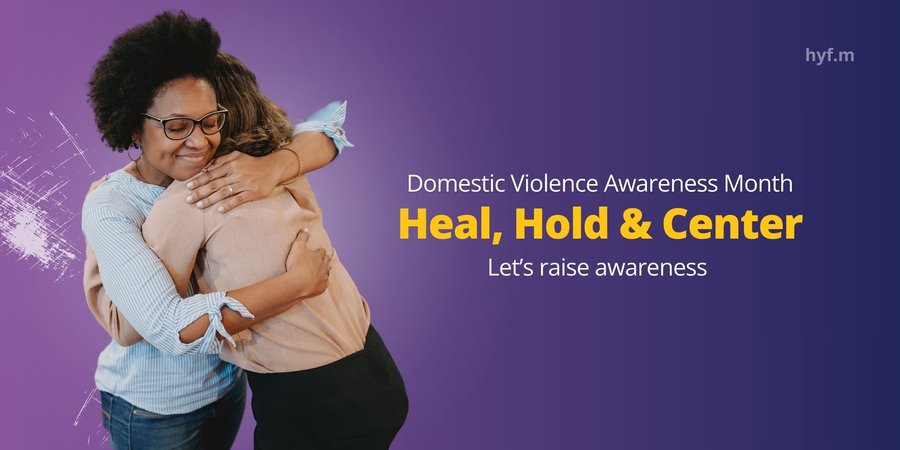
Domestic violence affects millions of people across the world every year. In the U.S. alone, an average of 20 people per minute are physically abused by an intimate partner, which totals over 10 million women and men annually.
Survivors often face isolation, fear, and trauma long after the abuse ends, which is why support from their loved ones is critical. But many people want to help without knowing how. Offering support can feel daunting—what should you say? How can you assist without overstepping? The key is understanding that small acts of kindness, patience, and being present can make a significant impact.
In this blog, we’ll explore practical ways to support survivors of domestic violence, while emphasizing the importance of creating a safe space for them to heal and rebuild their lives.
Understanding the Scope of Domestic Violence #
Before diving into how you can help, it’s essential to understand what domestic violence encompasses. Domestic violence, also known as intimate partner violence (IPV), can take many forms, including physical, emotional, financial, sexual, and psychological abuse. While women make up the majority of reported victims, domestic violence can affect anyone, regardless of gender, age, race, or socioeconomic status.
According to the National Coalition Against Domestic Violence (NCADV), one in four women and one in nine men experience severe intimate partner violence in their lifetime. In addition to physical harm, survivors often experience long-term psychological effects like depression, anxiety, and post-traumatic stress disorder (PTSD). A 2020 study conducted by the Centers for Disease Control and Prevention (CDC) found that nearly 61 million women and 53 million men experienced psychological aggression by an intimate partner in their lifetimes.
Tip1: Hold Space for Them #
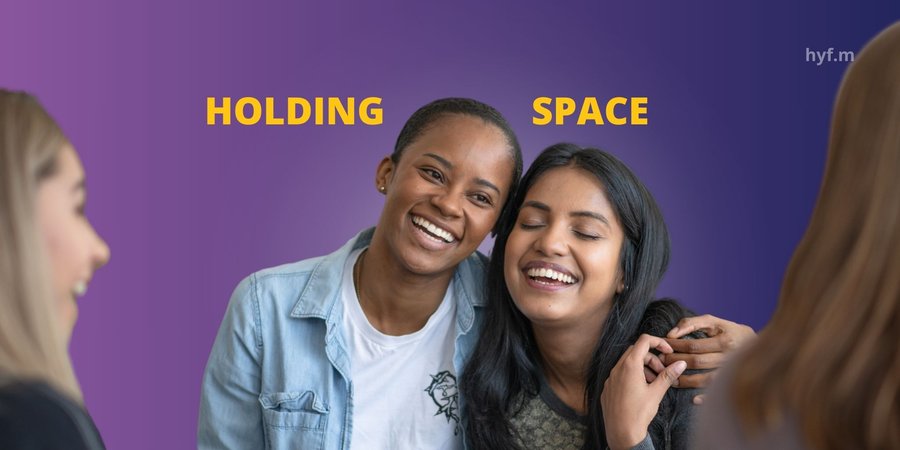
One of the most powerful ways to support a survivor is by holding space for them. Holding space means creating a safe, non-judgmental environment where they can express their thoughts, feelings, and concerns without fear of dismissal or minimization. Many survivors may not want to speak right away or may be unsure of how to process their emotions. Your role is not to rush them but to be present and patient.
How to Hold Space:
- Listen without interrupting or offering solutions immediately. Survivors may just want to be heard.
- Avoid victim-blaming language. Don’t ask, "Why didn’t you leave sooner?" Instead, acknowledge their courage and validate their experience.
- Respect their boundaries. Survivors may not be ready to talk about specific aspects of their trauma. Let them guide the conversation.
Tip 2: Know the Resources Available #
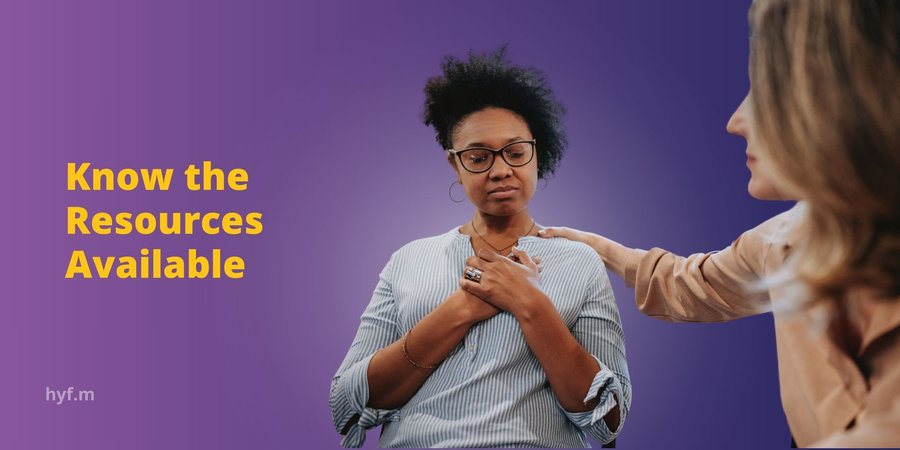
It’s important to be informed about the resources available to survivors of domestic violence. Knowing where to turn for professional help can make a world of difference. Encourage the survivor to seek support from organizations that specialize in domestic violence, but remember that it’s their decision to take that step when they’re ready.
Here are some key organizations that provide immediate and long-term support to survivors:
- The National Domestic Violence Hotline [1-800-799-SAFE(7233)]: Available 24/7, this hotline provides confidential support and connects survivors with local resources.
- RAINN (Rape, Abuse & Incest National Network): RAINN operates the National Sexual Assault Hotline and offers various resources, including counseling services for survivors of sexual abuse, many of whom are also survivors of domestic violence.
- Loveisrespect (1-866-331-9474): Focused on teen dating violence, this organization provides support and education to help young people in abusive relationships.
- Local shelters and advocacy groups: Many communities have shelters or local organizations that provide emergency housing, legal assistance, and counseling services. Provide these resources without pressuring the survivor to take action immediately. They may need time to process their options.
You can also read about: How to Choose Your Safety Network for Emergencies
Tip 3: Respect Their Autonomy and Choices #
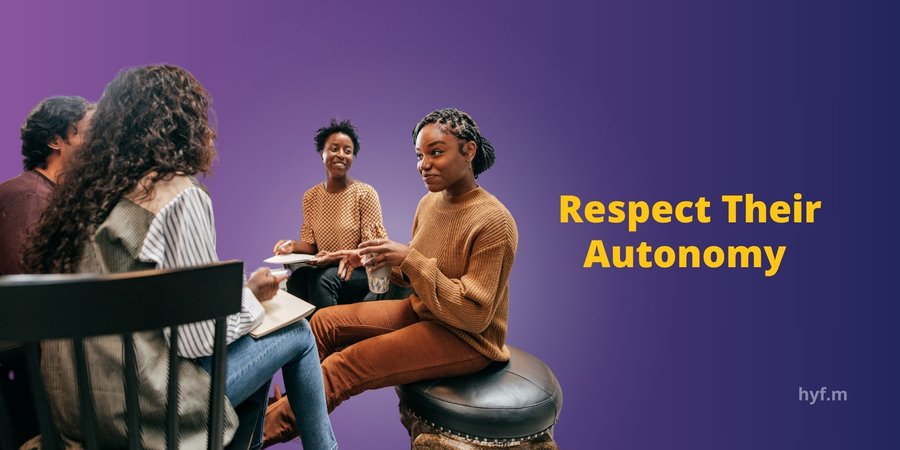
It’s natural to want to help by suggesting solutions or urging survivors to take immediate action, but respecting their autonomy is crucial. Leaving an abusive situation is incredibly complex and dangerous. On average, it takes seven attempts for a survivor to leave an abusive relationship. Pressuring them to leave before they are ready can be harmful.
Instead, express that you are there for them no matter what they decide. Let them know that they are not alone and that they can come to you at any time. Be supportive of their decisions, whether it’s seeking help, staying in the relationship for now, or leaving the abuser. Reaffirm that they are in control of their choices and their future.
How to Respect Their Autonomy:
- Avoid phrases like, "You need to leave" or "If I were you, I would do X." Instead, say things like, "I support you, whatever you decide."
- Offer help with logistics if they do decide to leave, such as transportation, financial support, or helping them locate a safe place to stay.
- Understand that leaving might not be their immediate priority. Sometimes, survivors need to plan or wait for the right moment when it’s safer for them.
Tip 4: Help Them Create a Safety Plan #
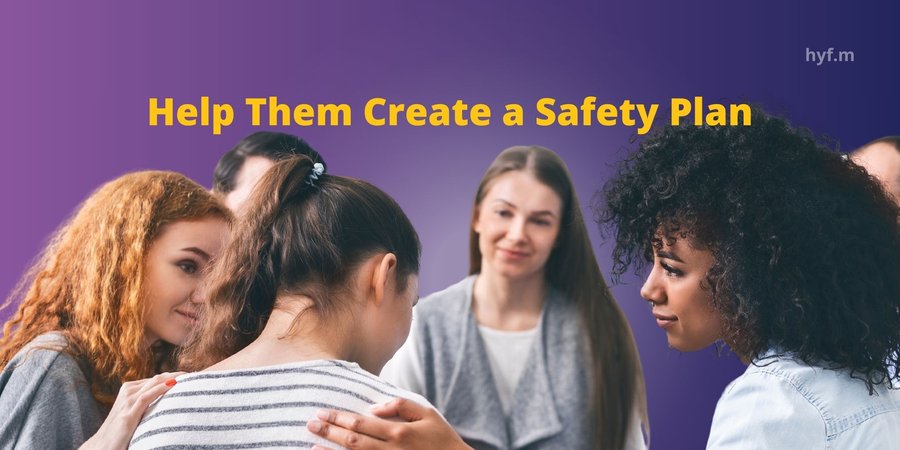
If a survivor decides they are ready to leave an abusive relationship, having a safety plan in place is crucial. A safety plan is a personalized, practical plan that includes ways to stay safe while in the relationship, when planning to leave, and after leaving.
Here’s how you can assist in creating a safety plan:
- Pack an emergency bag: Help them prepare a bag with essentials like clothing, medications, important documents (ID, birth certificate), and money. This should be kept in a safe place, such as with a trusted friend or family member.
- Establish a safe word: Agree on a code word or phrase they can use to signal they are in danger and need help.
- Plan an escape route: Identify exits and safe areas where they can go in case of immediate danger.
- Document the abuse: Encourage them to keep a journal, take photos, or save messages that could later be used as evidence in court.
The NCADV offers more detailed safety planning guides that can be tailored to the survivor’s unique situation.
You might be interested in reading Combating Gender-Based Violence Together
Be Patient and Stay Committed #
Supporting a domestic violence survivor isn’t a one-time action—it’s an ongoing commitment to be there for them, whether they need emotional support, help finding resources, or simply someone to listen. Healing from domestic violence is a complex, non-linear process that requires patience and understanding from everyone involved.
If you’re unsure how to help or what to say, remember that being present is often the most powerful thing you can offer. No survivor should walk the journey to safety and healing alone. You can make a meaningful difference in a survivor's life by providing unwavering support, offering resources, and respecting their autonomy.
Ready to dive in? Start your free trial today.

Vanessa Martínez
